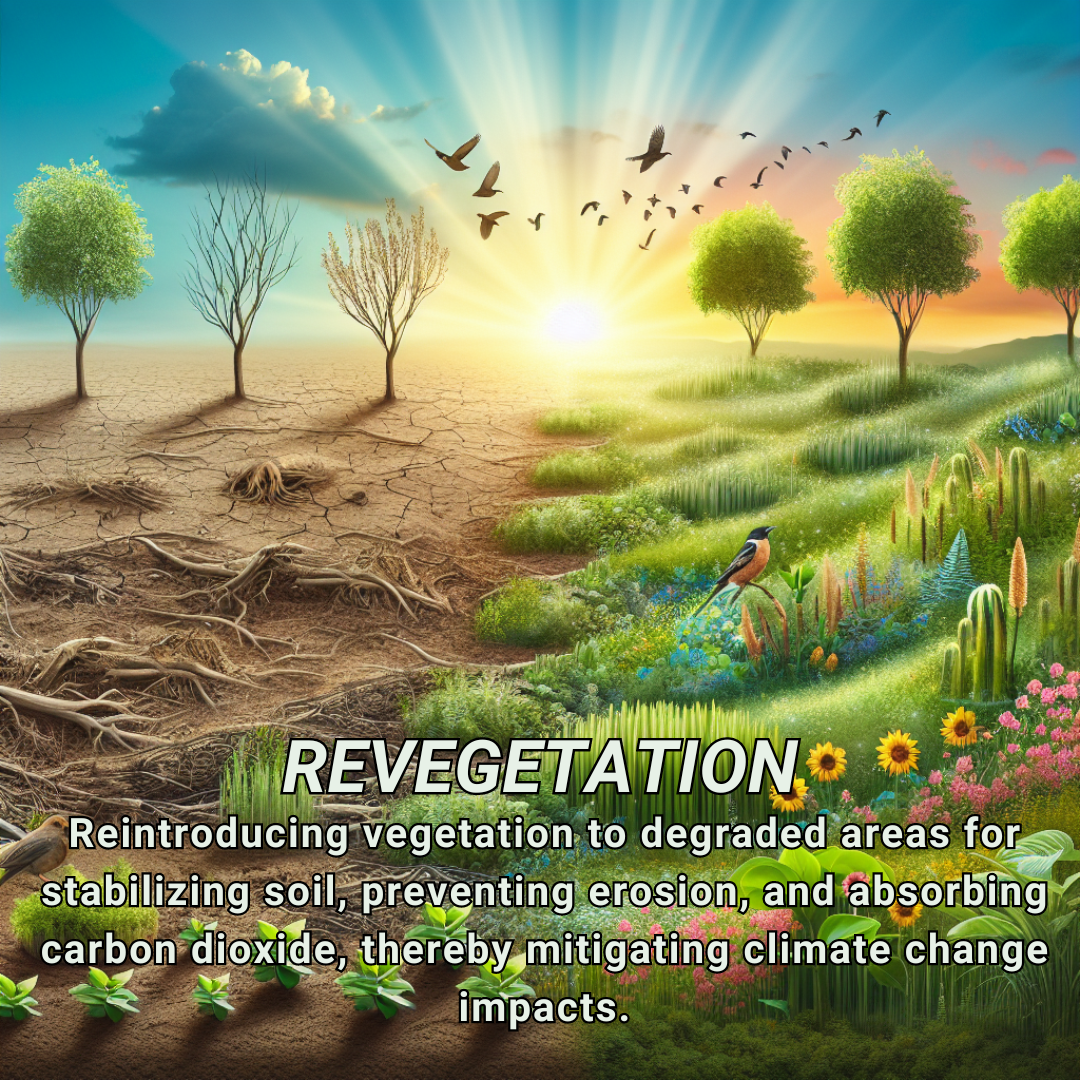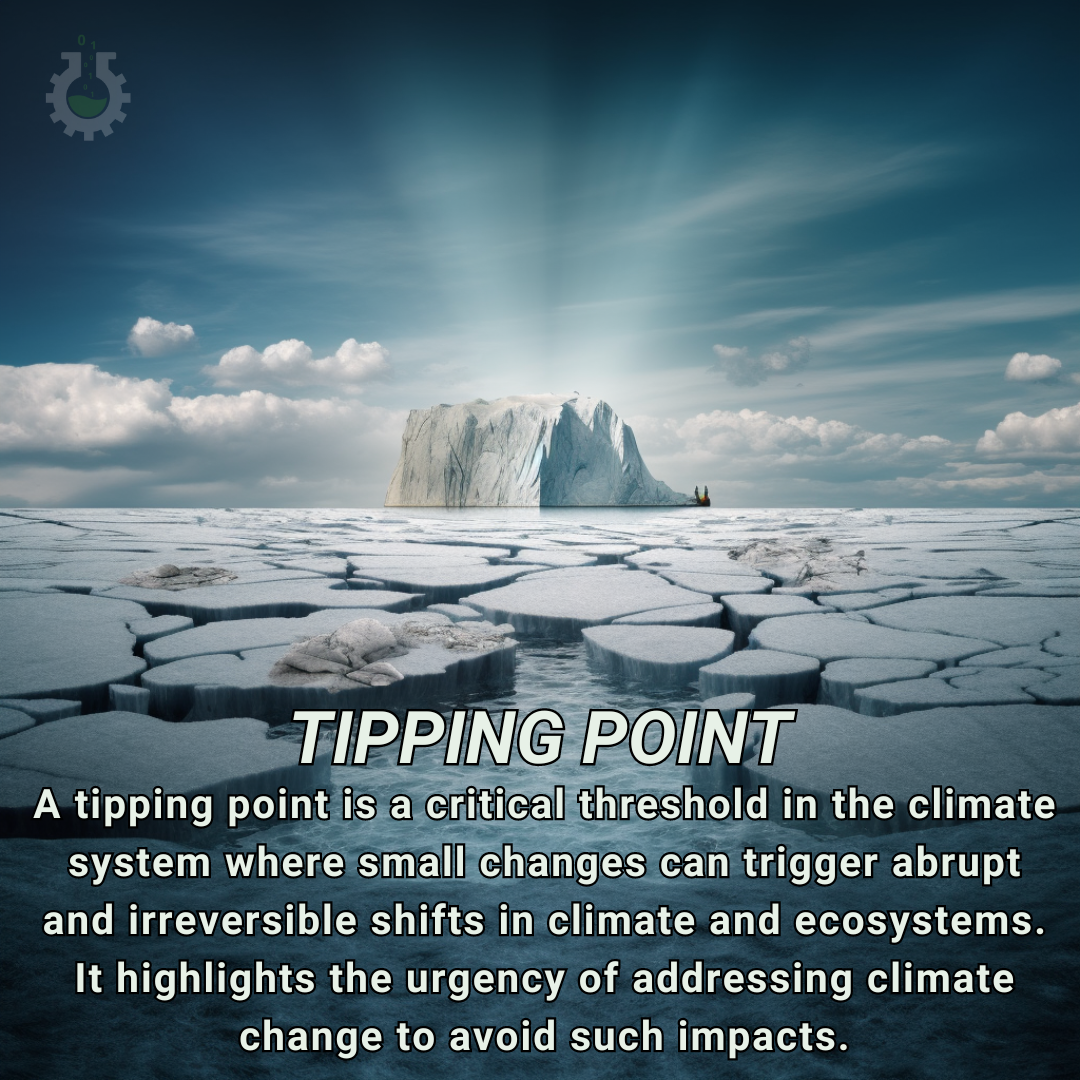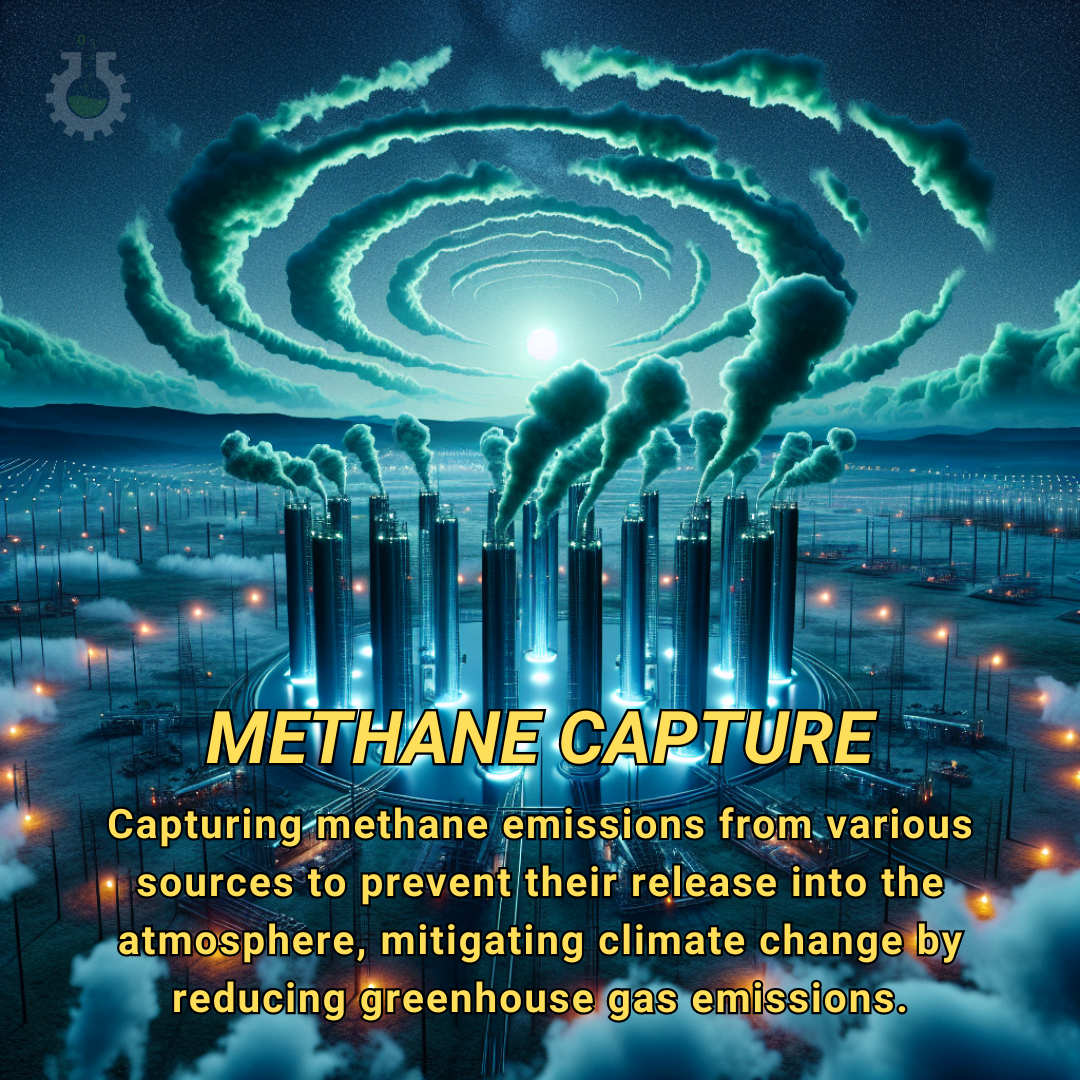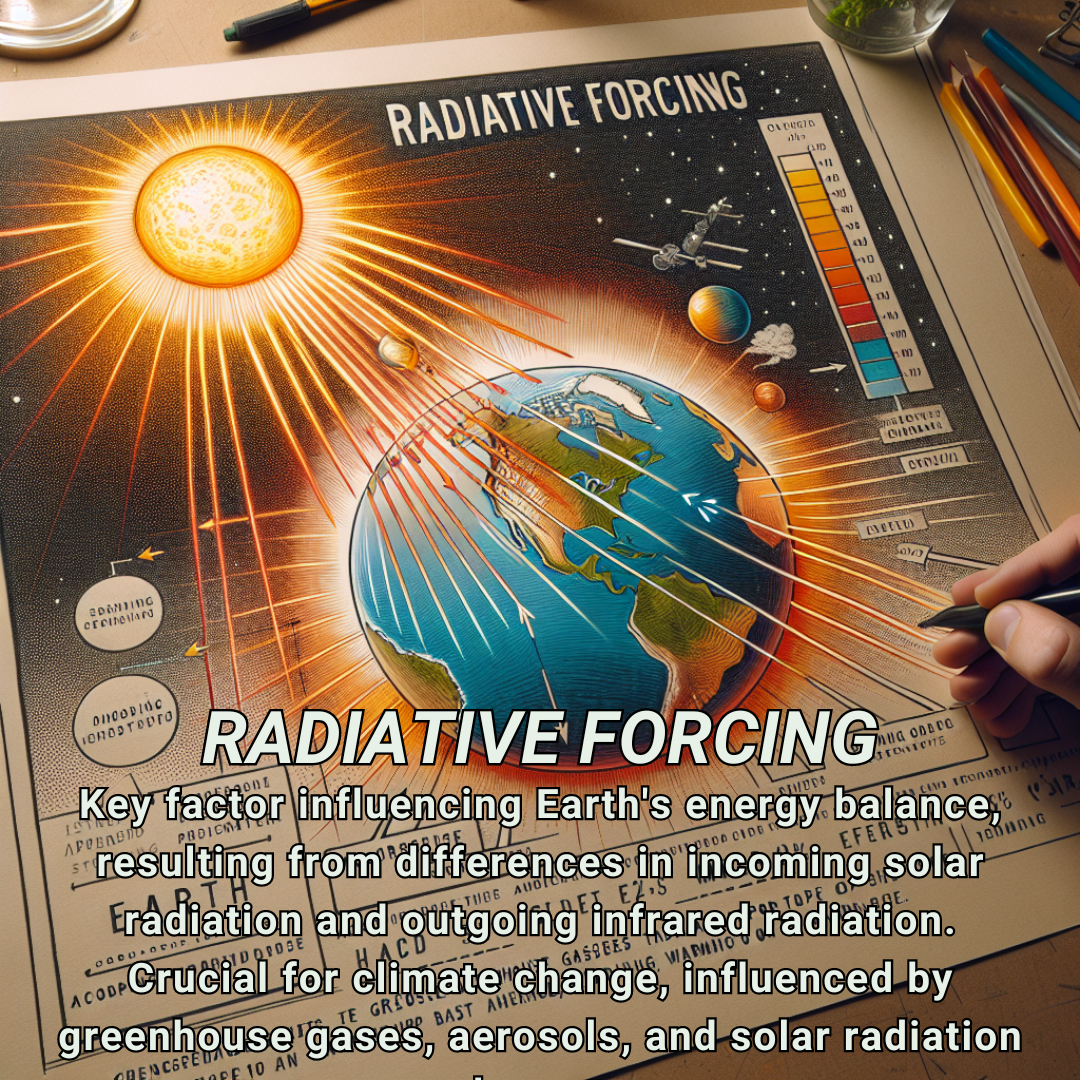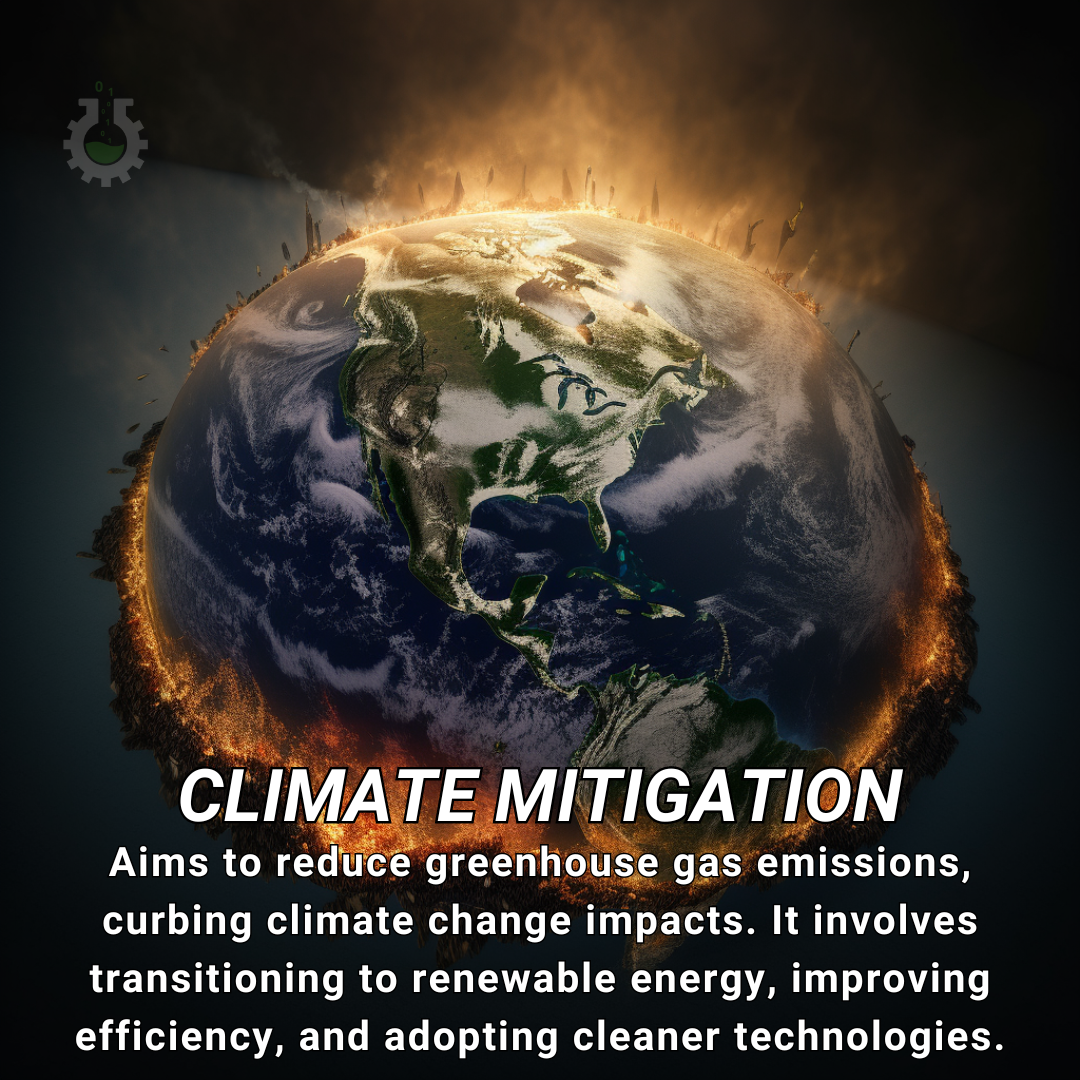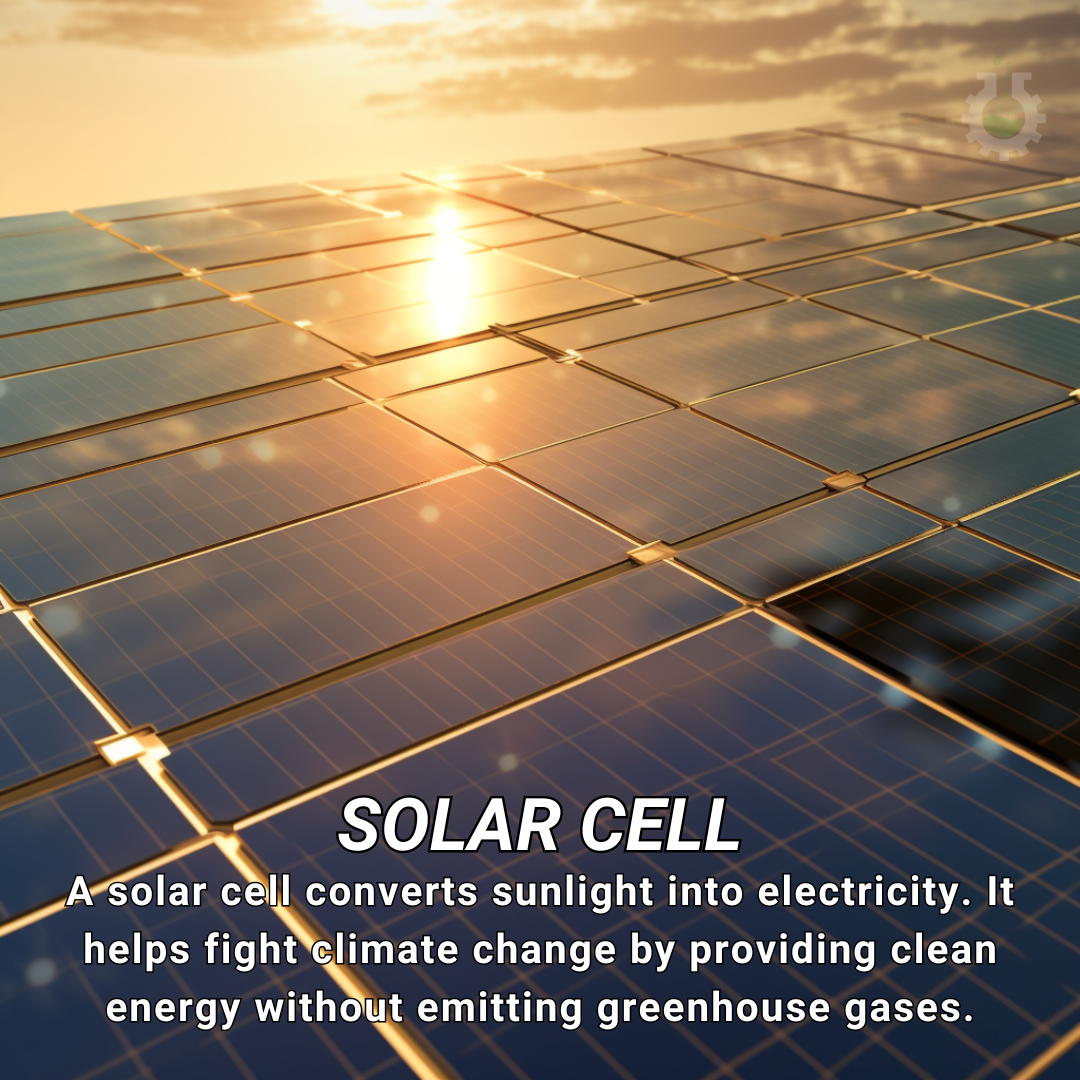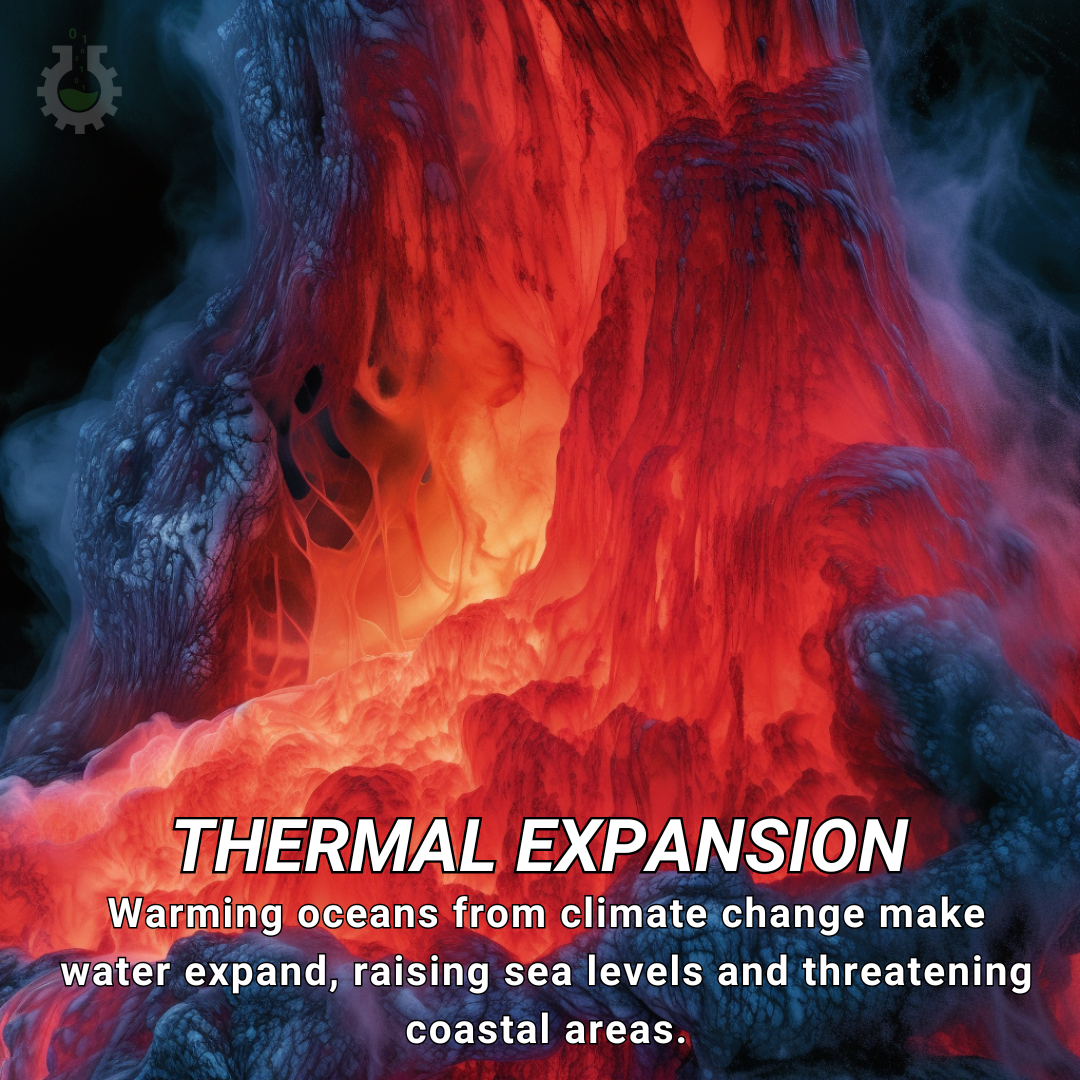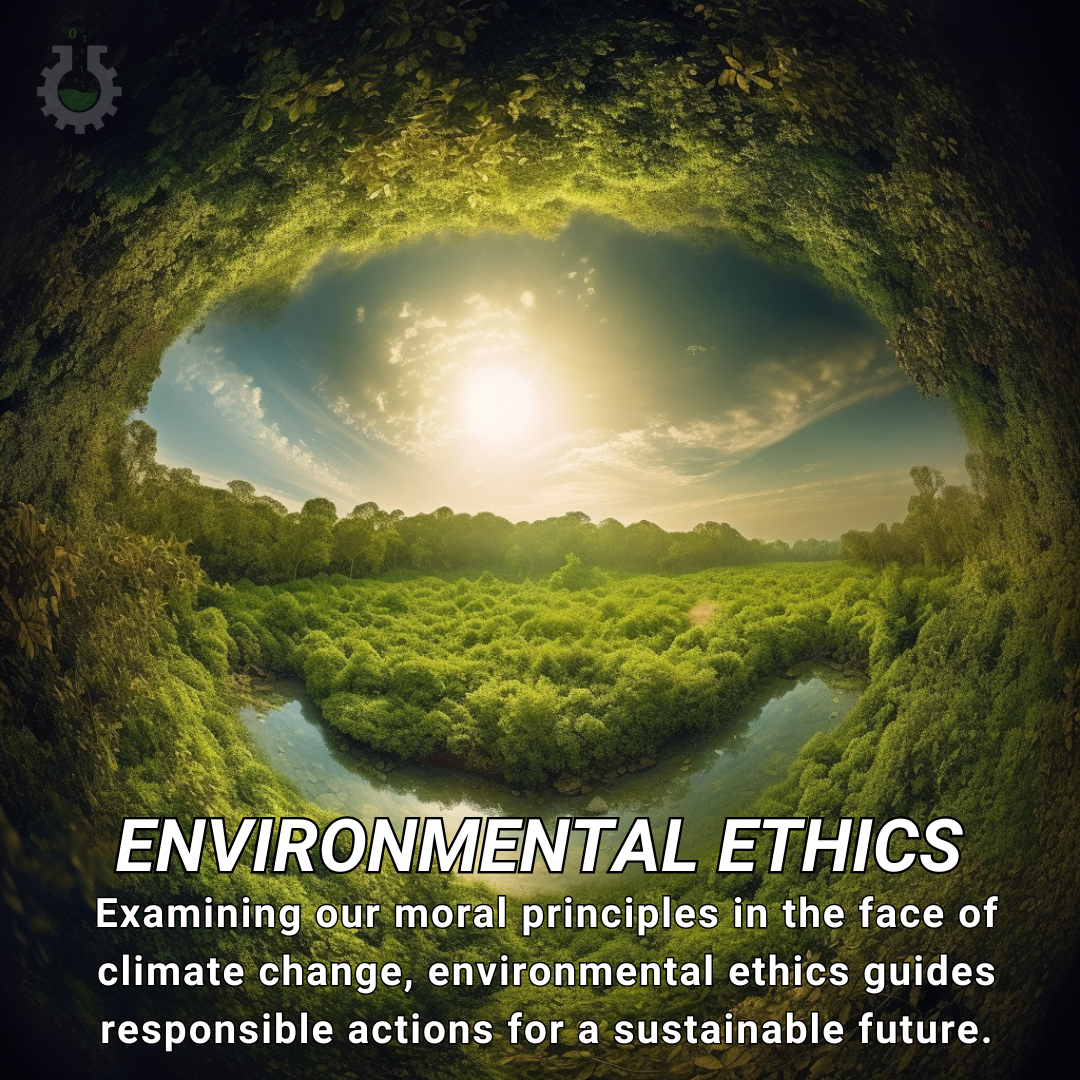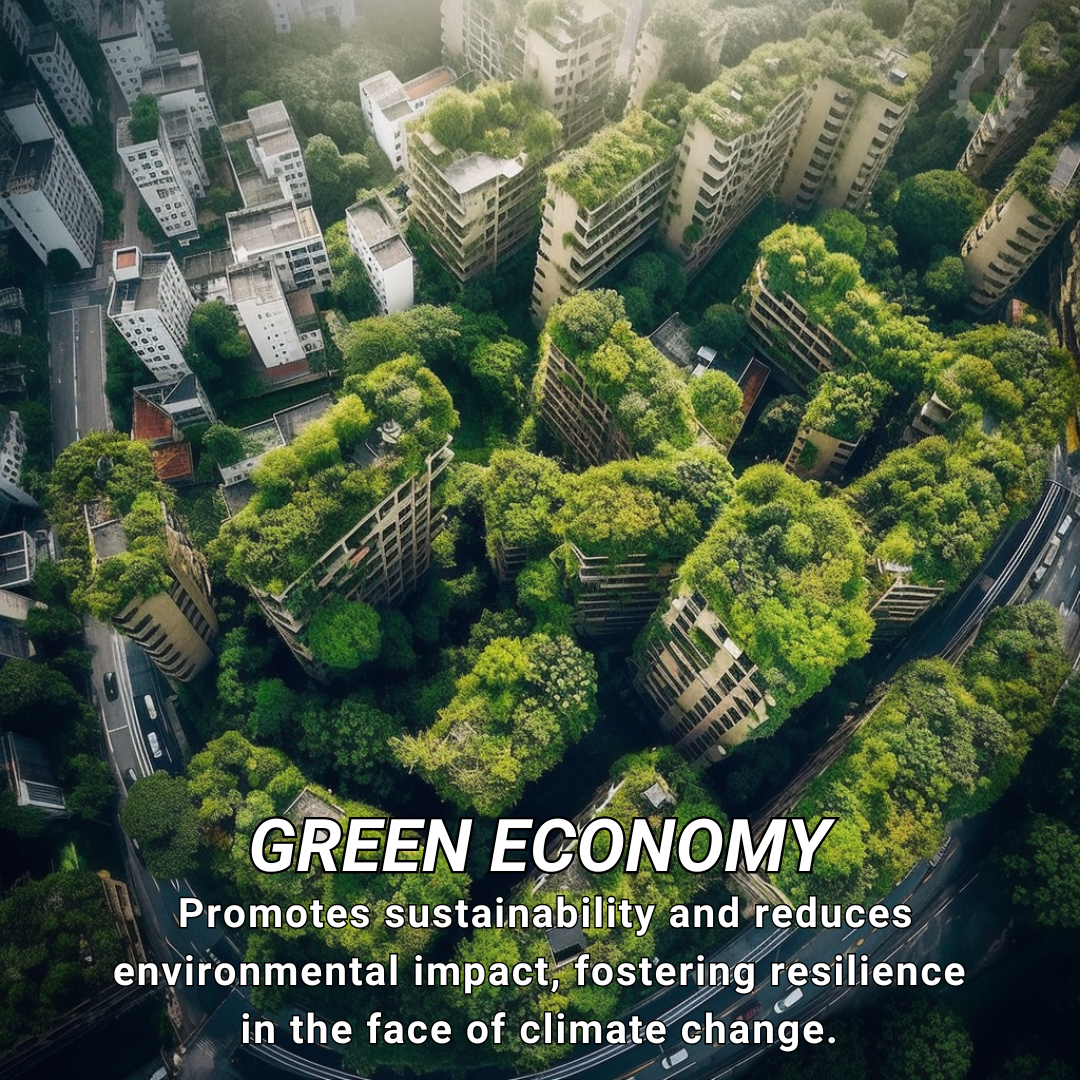Revegetation refers to the deliberate process of reintroducing vegetation to an area that has been previously degraded or deforested. This restoration practice involves planting native species or allowing natural regeneration to occur, with the aim of stabilizing soil, preventing erosion, enhancing biodiversity, and mitigating climate change impacts. Connection to climate change: Revegetation plays a crucial […]
A tipping point refers to a critical threshold in the Earth’s climate system beyond which a potentially irreversible and abrupt shift occurs. This shift can lead to significant and often detrimental changes in the climate, ecosystems, and other Earth systems. Tipping points are closely linked to climate change as they highlight the vulnerability of the […]
Methane capture refers to the process of capturing methane emissions produced from various sources such as landfills, wastewater treatment plants, and agricultural activities, and either utilizing or destroying them to prevent their release into the atmosphere. This practice helps mitigate climate change by reducing the emission of methane, a potent greenhouse gas that contributes to […]
Radiative forcing refers to the difference between the incoming solar radiation absorbed by the Earth and the outgoing infrared radiation emitted by the Earth. It influences the Earth’s energy balance and thus plays a crucial role in climate change. Changes in radiative forcing can be caused by various factors, including greenhouse gas emissions, aerosols, and […]
Climate mitigation refers to efforts to reduce or prevent the emission of greenhouse gases into the atmosphere to lessen the impact of climate change. It involves various strategies such as transitioning to renewable energy sources, improving energy efficiency, implementing sustainable land use practices, and adopting cleaner technologies. The goal of climate mitigation is to limit […]
A solar cell, also known as a photovoltaic (PV) cell, is a device that converts sunlight into electricity using the photovoltaic effect. These cells are made of semiconductor materials, such as silicon, which absorb photons from sunlight and generate an electric current. Connection to climate change: Solar cells play a crucial role in mitigating climate […]
Sustainable forestry is a management involves environmentally conscious practices to maintain forest health, biodiversity, and carbon sequestration. It plays a crucial role in mitigating climate change.
Thermal Expansion: The process by which water expands as it absorbs heat, contributing to rising sea levels. In the context of climate change, increasing global temperatures cause oceans to warm, leading to thermal expansion and posing a significant threat to coastal areas.
Environmental ethics is a branch of philosophy that examines the moral principles guiding human interactions with the environment. In the context of climate change, it involves evaluating our ethical responsibilities towards nature, future generations, and the global community. This field explores how ethical considerations influence our decisions, policies, and actions to address and mitigate the […]
The Green Economy refers to an economic system that prioritizes sustainability, aiming to reduce environmental impact and enhance social well-being. In the context of climate change, it involves practices that promote resource efficiency, renewable energy, and eco-friendly technologies to mitigate environmental harm and foster long-term resilience.


